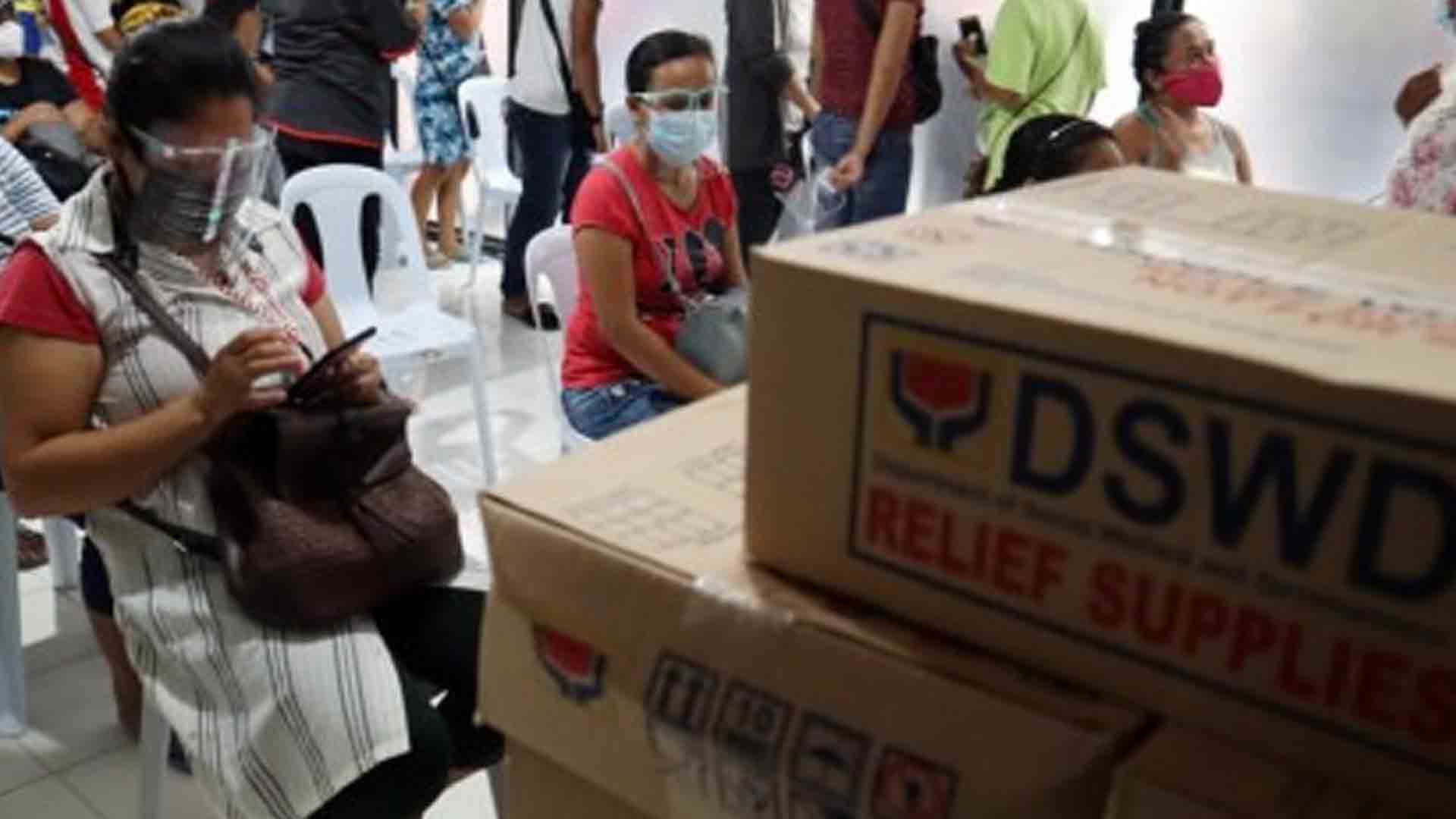The Department of Social Welfare and Development (DSWD) said it is scaling up relief operations for individuals affected by the super typhoon Rolly and typhoon Ulysses.
The assistance provided by the DSWD reached PHP169,134,599 for both “Rolly” and “Ulysses,” based on the data of the DSWD-Disaster Response Operations Monitoring and Information Center (DSWD-Dromic) on Wednesday morning.
“Though there are regions that were affected by both typhoons, Dromic records separate monitoring including the amount of assistance provided of the agency’s efforts,” DSWD spokesperson Irene Dumlao said in a Viber message.
DSWD said the assistance comes in the form of family food packs, non-food items such as hygiene kits and kitchen kits.
Financial assistance is also provided for typhoon victims to help them rebuild their homes.
Typhoon Ulysses has affected residents in parts of the National Capital Region (NCR), Ilocos Region, Cagayan Valley, Central Luzon, Calabarzon, Mimaropa, Bicol, and the Cordillera Administrative Region (CAR).
DSWD said some 824,035 families or 3,473,757 persons were affected by the weather disturbance.
Of this figure, 55,921 families or 223,378 persons are staying in 1,570 evacuation centers.
The total amount of assistance provided to the victims climbed to PHP75,460,593 on Wednesday.
Super Typhoon Rolly, on the other hand, ravaged parts of NCR, Cagayan Valley, Central Luzon, Calabarzon, Mimaropa, Bicol, Eastern Visayas, and CAR.
According to its latest report, DSWD said it has rolled out PHP93,674,005 for its relief assistance efforts.
There are 547,121 families or 2,130,778 persons affected by the onslaught of “Rolly.”
Of the figure, 8,246 families or 34,007 persons are staying in 437 evacuation centers as of posting.
Meanwhile, DSWD assured that its personnel will continue to provide technical assistance to local government units (LGUs) in the proper management of evacuation centers amid the pandemic.
The agency said it leads the camp coordination and camp management cluster of the National Disaster Risk Reduction and Management Council (NDRRMC).
“DSWD aims to ensure that minimum health and safety protocols are followed in evacuation centers by observing the Camp Coordination and Camp Management and Protection Covid-19 Operational Guidance that the Department issued in May 2020,” the agency said.
The DSWD Operational Guidance states that it is necessary to preposition personal protective equipment for camp management personnel and volunteers, and strictly limit the number of internally displaced persons (IDPs) per camp.
“Accommodation areas, tents, and modular tents or partitions must be properly distanced, and that quarantine or isolation areas for suspected cases of Covid-19 must also be identified,” the statement added.
In terms of setting of up of camps, the operational guidance states that it is necessary to ensure that a camp management desk is available and that evacuees have access to water, sanitation, and hygiene (WASH) facilities, such as water systems, latrines, handwashing areas, or bathing cubicles with social distancing markings in camps.
The presence of Barangay Peace Action Teams (BPATs), Barangay Health Emergency Response Teams (BHERT), Barangay Health Workers or Barangay Nutrition Scholar (BHW / BNS), and other local health units in evacuation sites must also be established since they must lead the observance of health status of IDPs and monitor entrance and exit points in evacuation camps. (PNA)





















